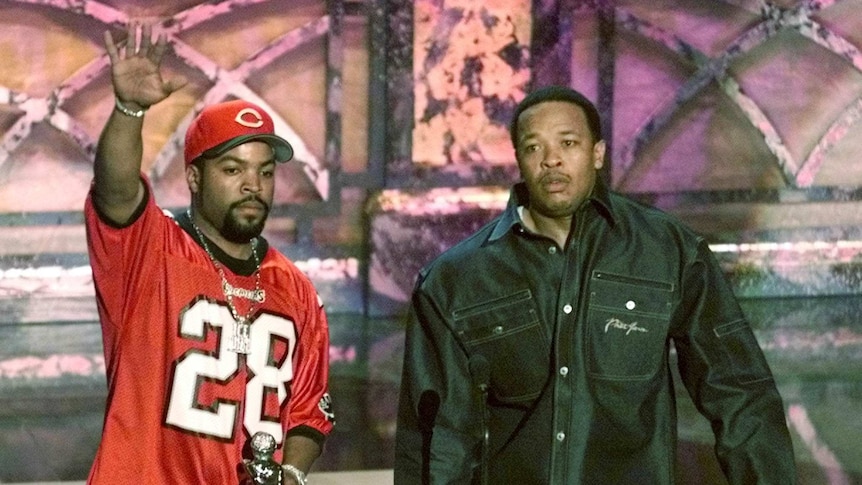Blogs
N.W.A’s Use of Explicit Language: An In-Depth Look at the Controversy
Understanding the Controversy
In the late 1980s and early 1990s, hip-hop was still a relatively new and emerging genre. While it had gained popularity among younger audiences, it was often criticized by mainstream society for its explicit language and themes. N.W.A’s use of explicit language took this criticism to a new level, using language that was considered vulgar and offensive by many. Their songs addressed issues such as police brutality, racism, and poverty, but they did so in a way that was seen as confrontational and confrontational.
This led to widespread condemnation of the group, with many critics accusing them of promoting violence, drug use, and misogyny. Their music was often censored or banned, and they faced boycotts and protests. However, N.W.A remained defiant, arguing that their language was necessary to accurately convey the realities of life in inner-city America. They argued that their music was a form of social commentary, meant to shine a light on the injustices and inequalities of society.
Despite the controversy, N.W.A’s music continued to gain popularity, and their influence on hip-hop culture was undeniable. Today, they are considered pioneers of the genre, and their impact can be felt in the music of countless artists who have followed in their footsteps. N.W.A’s use of explicit language was central to their music and message, and it remains an important part of their legacy.
The Impact of N.W.A’s Explicit Language
N.W.A’s use of explicit language was both harmful and empowering. On the one hand, their lyrics were often violent, misogynistic, and homophobic, perpetuating harmful stereotypes and contributing to the marginalization of certain groups. On the other hand, their music was a powerful form of expression for a generation of young people who felt disenfranchised and ignored by society.
N.W.A’s music was unapologetic and confrontational, challenging listeners to think critically about the issues they were addressing. Their use of explicit language was part of this challenge, forcing audiences to confront the harsh realities of life in inner-city America. This approach resonated with many young people, who saw N.W.A’s music as a reflection of their own experiences. N.W.A’s use of explicit language was integral to their message, and it played a key role in the impact of their music.
In addition to its impact on hip-hop culture, N.W.A’s use of explicit language also had broader cultural significance. It sparked a national conversation about censorship and artistic expression, and it highlighted the racial and class divisions that still exist in American society. N.W.A’s use of explicit language was controversial, but it was also a catalyst for important discussions about freedom of speech and social justice.
The Legacy of N.W.A’s Use of Explicit Language
Today, N.W.A’s legacy is still felt in the music industry and beyond. Their influence can be heard in the music of countless artists, and their impact on hip-hop culture is undeniable. However, their legacy is also complicated, as their use of explicit language continues to be a topic of debate.
Some argue that N.W.A’s use of explicit language was a necessary and powerful form of social commentary, highlighting the injustices and inequalities of society. Others argue that it was harmful and perpetuated negative stereotypes, contributing to the marginalization of certain groups. Regardless of where one stands on this debate, it is clear that N.W.A’s use of explicit language had a significant impact on the music industry and on American culture as a whole.
In conclusion, N.W.A’s use of explicit language was a controversial and influential aspect of their music. While it sparked criticism and condemnation from some, it also resonated with a generation of young people who saw it as a powerful form of expression. N.W.A’s legacy continues to be felt in the music industry and beyond, and their impact on hip-hop culture is undeniable. By understanding the controversy surrounding N.W.A’s use of explicit language and its impact and legacy, we can gain a deeper appreciation for the role that this pioneering group played in shaping American culture. Subscribe to our newsletter for the latest blog posts and updates on hip-hop culture.
>>>Related Blog: The Chronological Messages of N.W.A: A Deep Dive into Their Impact on Society

